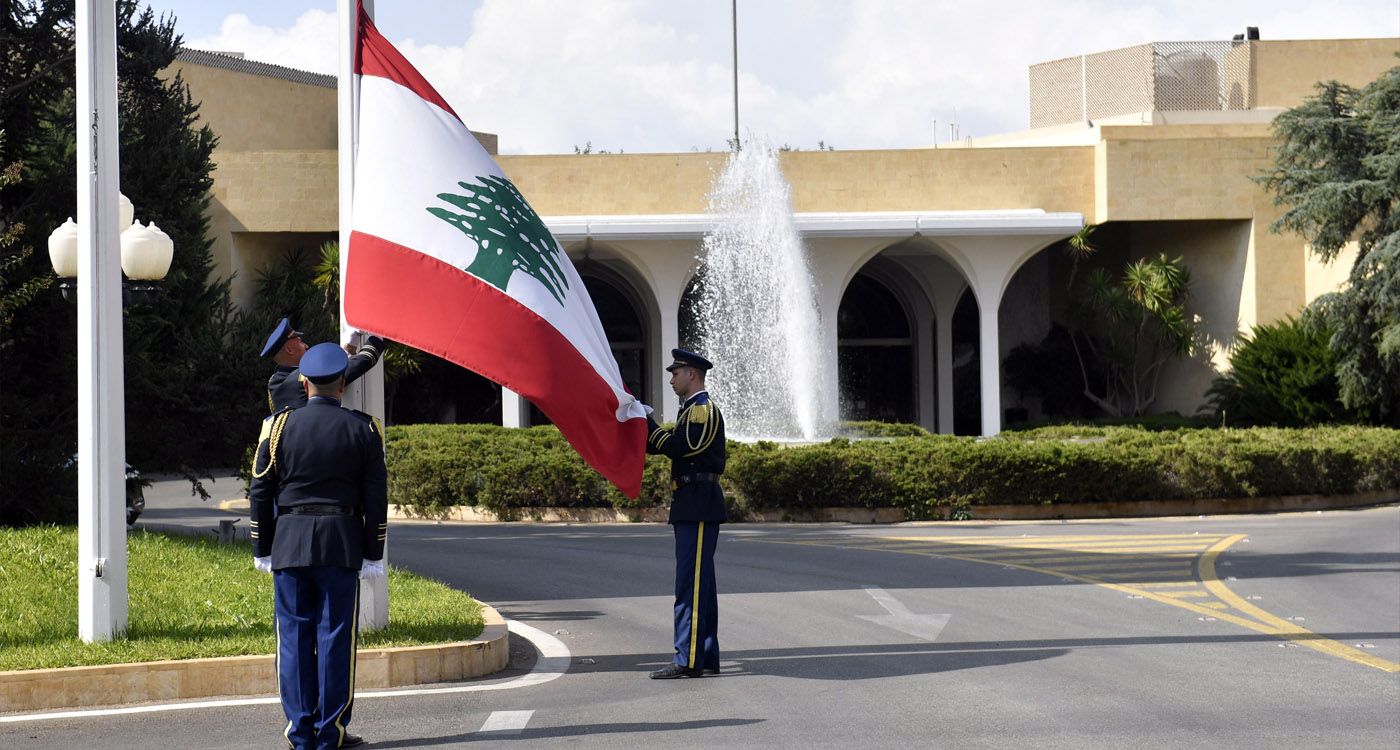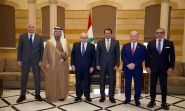
Although the Lebanese presidential election is – or should be – a purely internal matter, observers of the issue agree that it has become organically linked to changes in the region. These include everything from Israel’s war on Hezbollah and its repercussions to the peaceful coup in Syria. While it is true that Iran – through its arm in Lebanon, Hezbollah – has been the primary obstacle to electing a president for over two years, it suffered a major blow with the assassination of Hezbollah’s leadership and the destruction of 80% of its military capabilities. However, this setback did not eliminate Hezbollah, as evidenced by its ongoing rebuilding effort and increased rigidity on the presidential file, with its insistence on its candidate, Sleiman Frangieh.
Added to these challenges is Israel’s pressure on the ground, with its presence in the south, military activity in Lebanese and Syrian skies, and its expansion into the Golan Heights after the fall of the Assad regime. It was supposed to withdraw from Lebanon within 30 days of the 60-day ceasefire period announced by Washington and Paris, but instead, it has intensified its violations. Despite this, a senior security official affirms that “the agreement will be implemented, Israel will withdraw from the occupied territories, and Hezbollah will withdraw with its weapons north of the Litani River within the specified timeframe.”
A leader from the opposition states, “A president cannot be elected before the ceasefire agreement is implemented and Israel withdraws to avoid the new president facing its conditions while also contending with Hezbollah’s demands. This would paralyze the start of a presidency hoped to save the country, address its economic and financial crises, implement reforms and activate institutions.”
Israel, according to diplomatic sources, is unlikely to halt its violations unless its plan – centered on achieving comprehensive peace in the region – is realized. It has repeatedly stated that it will not leave the war without guarantees that it will be the last, which can only be achieved through comprehensive peace.
To reach such peace, diplomatic sources suggest, Iran’s influence in the region must be eliminated, its nuclear ambitions thwarted, and its military arms disbanded – especially after the fall of Assad, one of its key allies. Following developments in Syria, the sources confirm that targeting Iran has become likely, particularly given reports that Tehran is funding the “Honorable Group” (Majmuaat al-Shurafa') in Syria, along with Hezbollah, to create a sweeping popular movement loyal to its axis. The movement in question aims to overthrow Syria’s new leadership and reclaim it for Iran, thus bolstering its negotiating position on the nuclear file. In response, Israel has hastened to expand its presence in the Golan Heights, now positioned just 25 kilometers from Damascus, establishing strategic military sites to secure its position and prevent Iran and its allies from returning to Lebanon and Syria.
Consequently, a prominent sovereign leader states, “Lebanon must reclaim its statehood and close itself off as a battleground for regional projects at the expense of its own interests. The recent developments in Syria delay the election of a president until the situation becomes clearer.”
Amid these rapid developments, the visit of Army Commander General Joseph Aoun to Saudi Arabia, where he met with Defense Minister Khalid bin Salman and security officials, has been described as a “significant event” in its timing and context. One opposition MP commented, “The wise understand the implications of this signal.” According to reports, a “watchword” will soon be issued to political forces to expedite the election of General Joseph Aoun and rally support around him, especially given information that some candidates have decided to withdraw. Meanwhile, Samir Assaf, a close associate of French President Emmanuel Macron, is concluding his communications as the Lebanese Forces (LF) prepare to finalize their stance on January 6. If their leader deems the timing right, he will announce his candidacy; otherwise, the LF MPs will vote for the army commander, who is expected to be elected president on January 9.



Comments